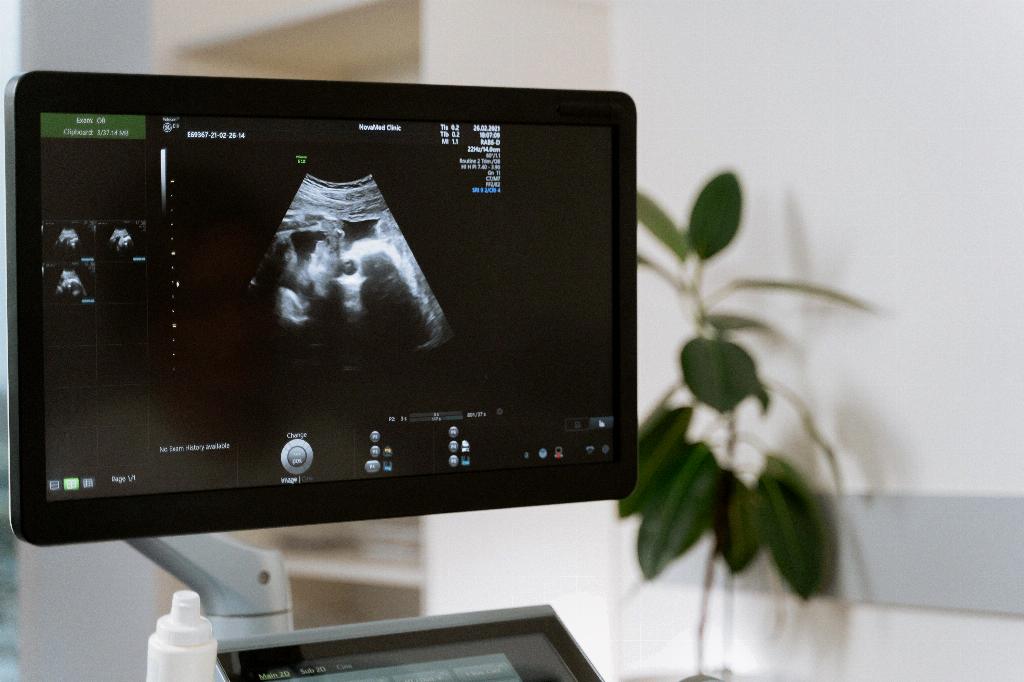When it comes to bleeding during early pregnancy, it’s essential to understand what is considered normal and when it might indicate a potential issue. Light bleeding and spotting are common in early pregnancy and can often be attributed to implantation or hormonal changes within the body. This type of bleeding is typically light, lasts for a short duration, and may not be a cause for concern.
However, if you experience heavy bleeding or notice the presence of clots, it may be a sign of a more serious underlying condition. Heavy bleeding with clots could indicate a possible miscarriage, ectopic pregnancy, or other complications that require immediate medical attention. It’s crucial not to dismiss any significant bleeding during pregnancy and to seek guidance from your healthcare provider.
It’s important to note that every pregnancy is unique, and what may be considered normal for one person may not be the same for another. While some women may experience light bleeding with clots and go on to have a healthy pregnancy, others may require medical intervention to address any complications.
If you notice any bleeding, no matter how light, it’s always best to inform your obstetrician or midwife. They can evaluate your individual situation, monitor your pregnancy closely, and provide guidance on the next steps to take. Early detection and intervention can significantly impact the outcome of your pregnancy.
While light bleeding with clots can occur in early pregnancy, consistently heavy bleeding, especially accompanied by severe pain or dizziness, warrants immediate medical attention. These symptoms could indicate a more serious condition that requires prompt intervention to ensure the health and safety of both you and your baby.
Some factors that may influence the amount of bleeding with clots include your overall health, any underlying medical conditions, and the gestational age of your pregnancy. Your healthcare provider will consider these factors when evaluating your condition and determining the appropriate course of action.
It’s essential to maintain open communication with your healthcare provider throughout your pregnancy. By keeping them informed of any changes or concerns, you can work together to address any issues that may arise promptly. Your provider is there to support you and ensure the best possible outcome for you and your baby.
In some cases, bleeding with clots may be attributed to a subchorionic hematoma, which is a collection of blood between the uterine wall and the chorionic membrane. While these hematomas can cause bleeding and be concerning, they often resolve on their own without impacting the pregnancy. However, close monitoring by your healthcare provider is crucial.
Regardless of the cause of bleeding with clots in early pregnancy, it’s essential to prioritize your health and well-being. Rest, stay hydrated, and follow any recommendations provided by your healthcare provider. Taking care of yourself can help alleviate stress and support a healthy pregnancy.
Remember, every pregnancy is different, and experiences with bleeding can vary widely. Trust your instincts and reach out for guidance if you have any concerns. Your healthcare team is there to support you every step of the way and ensure a positive pregnancy journey.

